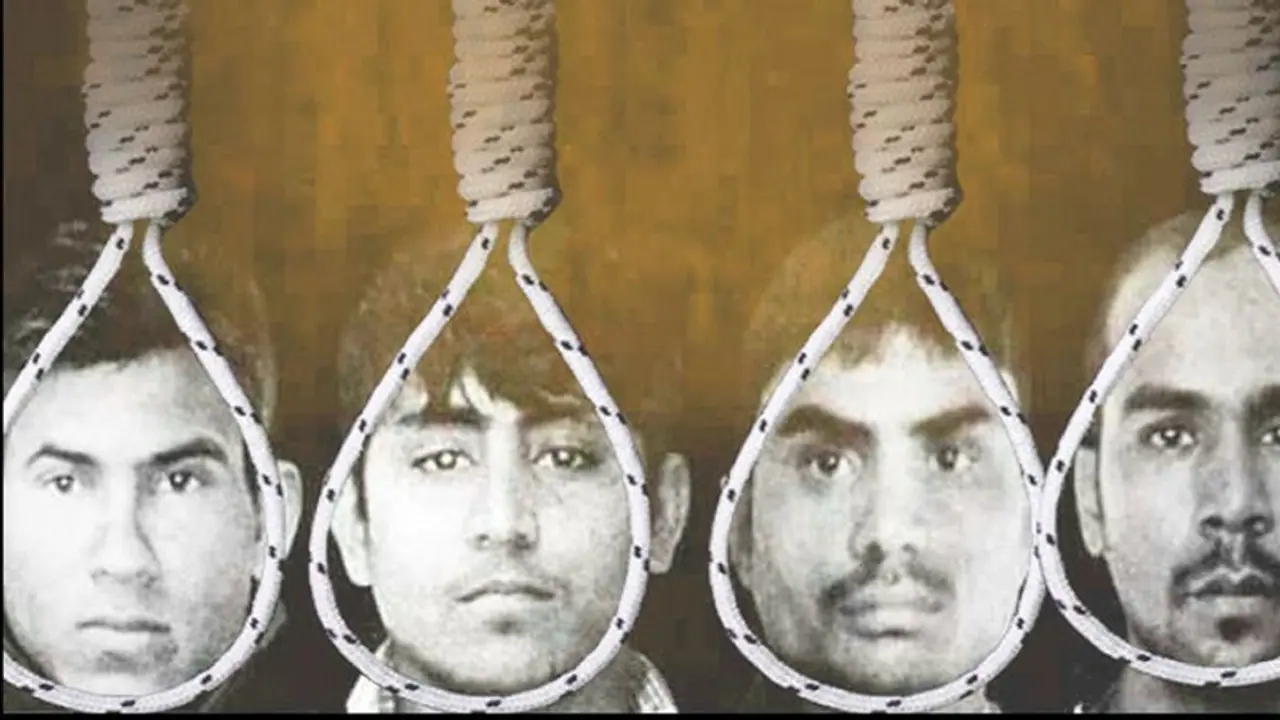The Nirbhaya convicts have earned more time for themselves to live. The court ruled that they can’t be hanged after learning that Pavan, one of the convicts, has approached the President for a mercy plea. It is interesting to read and understand the court’s view before it arrived at the conclusion that they can’t be hanged the next day.
Bengaluru: Counsels of the Nirbhaya gangrape convicts have successfully summoned their argumentative skills and legal acumen to earn some more days of life for their clients.
The Patiala House Court stayed the execution of the convicts on Monday as one of the convicts has approached the President for a mercy plea.

Incidentally, this happens to be the third deferment, thereby effectively adding more pains and privations to the victim’s family while bringing some ephemeral joy on the faces of the convicts and their families as well.
But it is interesting and even educative to know what the court’s view on the matter is and its logic behind the deferment.
The Delhi court observed, “Any condemned convict shouldn’t meet his creator with a grievance in his bosom that the courts of this country had not acted fairly in granting him an opportunity to exhaust all his legal remedies.”
Earlier, the court refused to countenance a plea seeking dismissal of the hanging of the convicts. And while it was adjudicating on the issue, the court was apprised of Pavan’s move to file mercy petition.
The court further added, "It would be axiomatic to state that the extreme penalty of capital punishment is irreversible in nature. For the court the remedy of mercy plea is an important legal remedy available to the convict and guided by the cherished legal principle Ubi jus ubi remedium – where there is a right, there is a remedy.”
The judge further said, "I am of the opinion that the application is very much maintainable," as reported the Times of India.
Another case on identical lines that comes to mind is the case related to a POCSO offender. Anil Surendranath was sentenced to death and a Surat court had even issued a black warrant, even without verifying if the offender would approach the top court for a remedy. When he approached the CJI-led bench on the issue, the bench wasn’t happy at the haste with which the lower court operated and went on to stay the black warrants.
In another case, after the apex court dismissed the plea against a death sentence confirmed by a lower court in relation to a murder case in Uttar Pradesh. The trial court, within just six days of the dismissal, issued a black warrant, even without waiting to see if they would file a review petition.
The top court had further advised, “Once a death sentence is executed, that results in taking away the life of the convict. If it is found thereafter that such a sentence was not warranted, that would be of no use as the life of that person cannot be brought back”.
It also stressed on the fact that the trial court should be very responsible in issuing death warrants and not be “arbitrary, fanciful or oppressive”.
It is these pieces of advice and wisdom that the lower courts implement while dealing with such delicate issues.
Coming back to the Nirbhaya convicts earning more time to live, one can safely surmise that though they have used the jiggery-pokery aspects in the law to prove their cause, death is certain for them, but for now, when it happens is uncertain.
On the other hand, the wait for Nirbhaya’s mother agonisingly continues.
